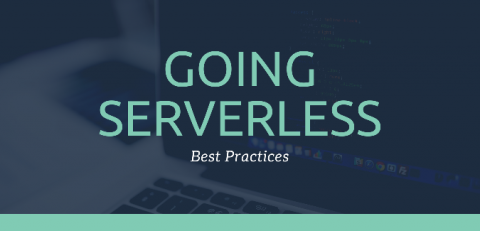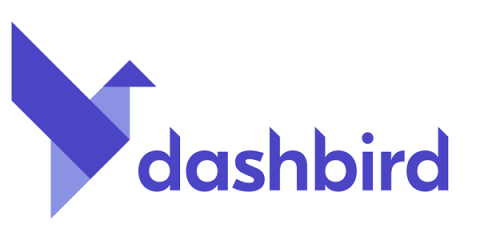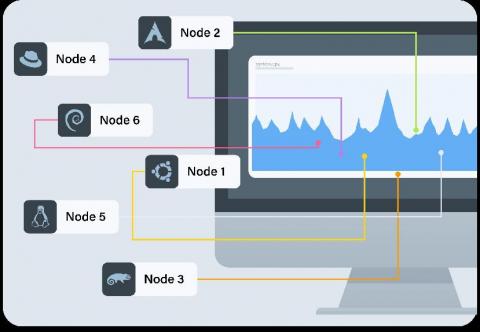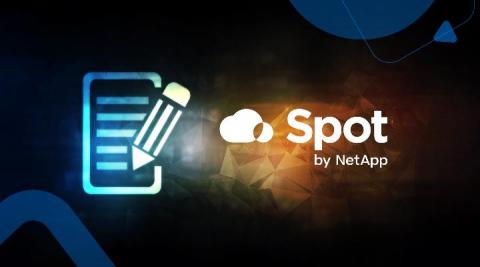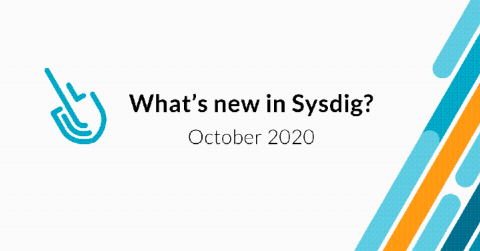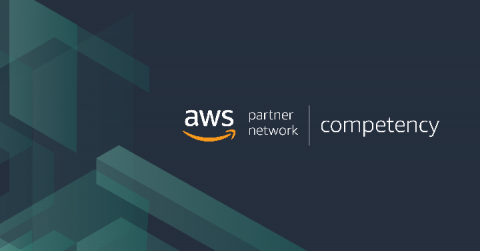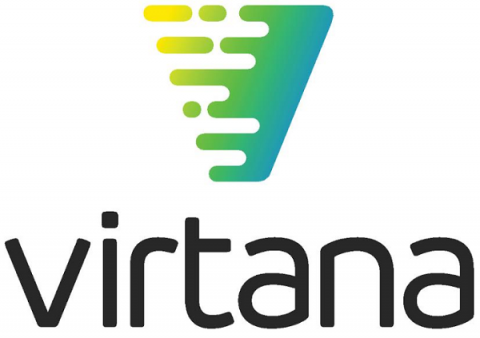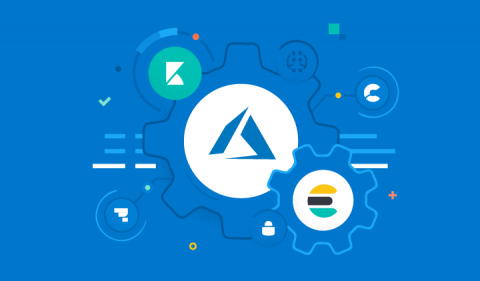How to Monitor AWS Kinesis with CloudWatch
If you’re using AWS Kinesis in your application, you’ll want to monitor your Kinesis streams to make sure they are healthy and that your producers and consumers are interacting with them correctly. CloudWatch exposes many metrics that can help you determine the health of your Kinesis streams, but it can be a pain to set up. In this post, we’ll discuss the metrics that are most helpful, how to get CloudWatch up and monitoring your Kinesis streams, plus an easier alternative.



